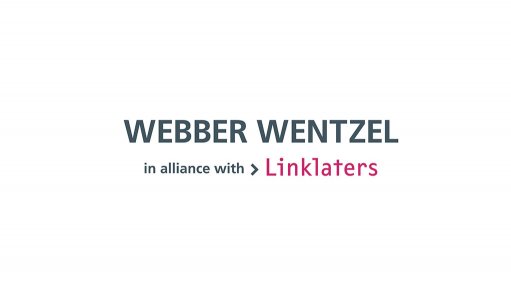
In particular, water use licence (WUL) applications have been associated with extensive processing periods and unanticipated delays, largely attributable to the capacity constraints synonymous with the Department of Water and Sanitation (DWS). For companies bidding as IPPs in power procurement programmes such as the ongoing Bid Window 5 (BW5) of the Renewable Energy IPP Procurement Programme (REIPPPP), these timing concerns risk projects not meeting the requisite bidding criteria.
The risk is further exacerbated by the moratorium the DWS has placed on processing WUL applications until preferred bidder status is awarded, which, together with timing delays, prolongs the wait for WULs to be granted. What this may encourage, however, is project developers’ initiation of WUL application processes through the DWS’ online application portal, E-WULAAS, and pre-application meetings well in advance of bid submission deadlines.
The importance of doing so is now reflected in the REIPPPP BW5 request for proposals which requires that, as at bid submission date, the bidder must have proof that an integrated WUL application or WUL application has been made.
Together, early application submissions and the DWS’ reduction of the WUL application process to 90 days from the previous 300-day period may alleviate the timing constraints characteristic of WUL applications. It is understood that the expedited process was applicable to applications as of April 2021, however, formal amendments to the regulations dealing with applications have not been finalised as yet.
The finalisation of WUL applications within this shortened time period is subject to the DWS being provided with all the requisite administrative and technical information needed to enable the necessary screening and assessment of the application.
This is part of a three-step process that is now catered for on the E-WULAAS portal, specifically: (i) a pre-application engagement meeting between the applicant and the DWS, following the compilation of a technical report by the applicant’s specialist; (ii) the screening of the technical report by the DWS and the acceptance or rejection thereof; and (iii) the DWS’ assessment of an accepted technical report.
From communications from the DWS it is understood that, together with the initiation of expedited processing timeframes, additional officials will be recruited to fast-track applications to address the historic capacity constraints of the department. These steps are vital in encouraging infrastructure development, and particularly for ensuring a level of alignment with the timeframes associated with the development of energy generation projects.
Although it is still the case that WUL applications will not be processed by the DWS until projects participating in power procurement rounds are awarded preferred bidder status, the expediated timeframe will nonetheless assist in BW5 of REIPPPP, and future IPP procurement programmes, as pending WUL applications will be less likely to impact on Commercial Close, Financial Close or implementation of the projects.
With the BW5 REIPPPP bid submission date having just passed on 16 August 2021, it will be telling whether the DWS abides by the 90-day limit in processing the WUL applications of preferred bidders. The risk, however, remains on the bidders to ensure material consents such as a WUL are in place by Commercial Close and Financial Close.
Written by Laura Wilson, Environmental Law, Webber Wentzel